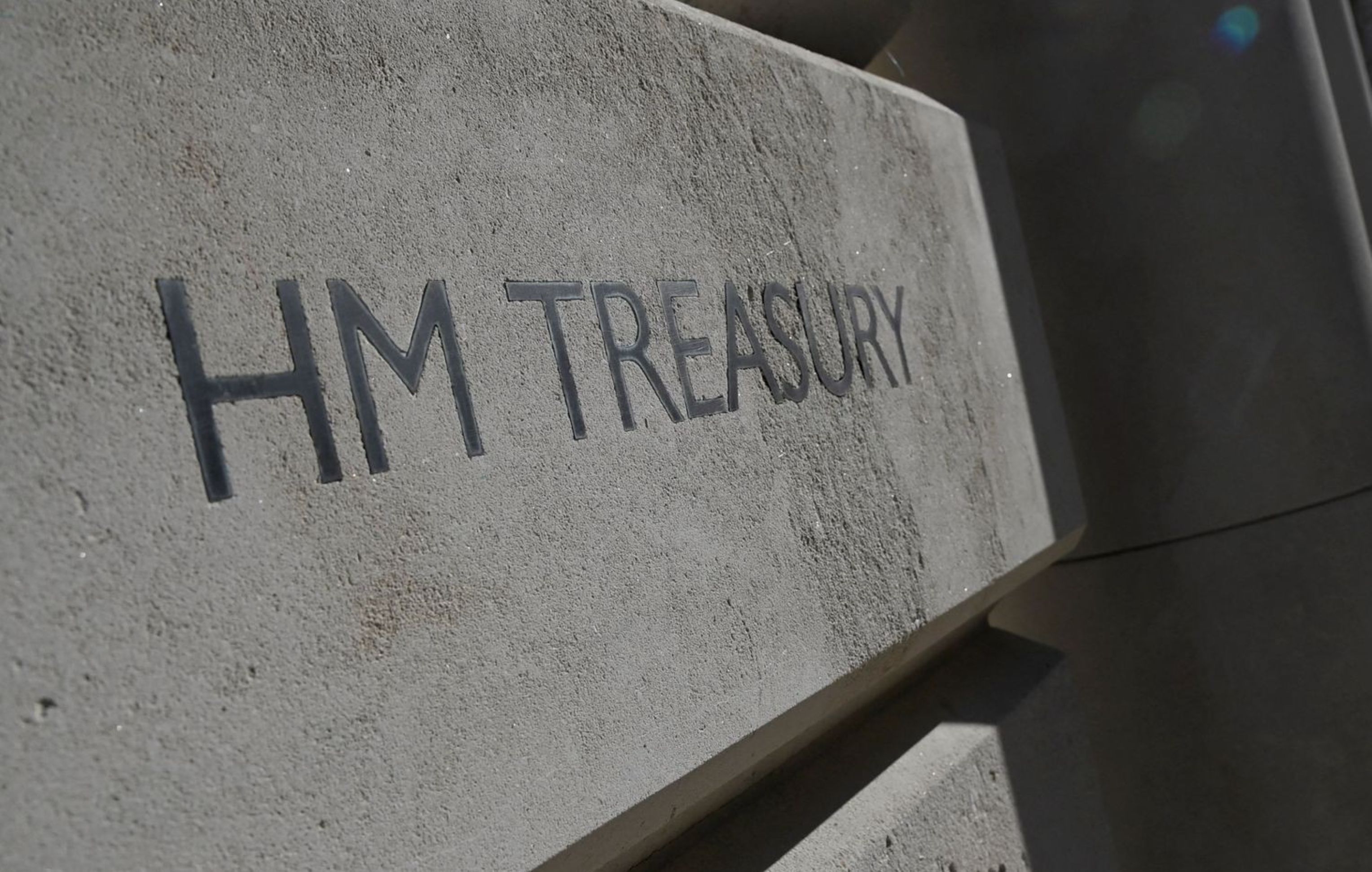Visa Stock Analysis: Is Visa a Strong Opportunity Ahead of Q4 Earnings?
$325.48
28 Jan 2026, 19:25

Reuters

Surprise Budget Boost May Signal Financial Stability and Positive Investor Sentiment
A Welcome Surprise for the Treasury
In an unexpected turn of fiscal fortune, the UK government borrowed significantly less than anticipated in July 2025. According to the Office for National Statistics (ONS), public sector net borrowing stood at just £1.1 billion – less than half the £2.6 billion forecast by economists polled by Reuters.
This represents the lowest level of monthly borrowing since July 2021, during the height of the COVID-19 pandemic, offering a welcome reprieve for Chancellor Rachel Reeves and her economic team.
What’s Behind the Drop in Borrowing?
Stronger-than-expected tax and national insurance receipts played a key role in reducing the gap between government income and expenditure.
Key drivers:
The result is a £2.3 billion year-on-year reduction in July borrowing compared to the same month in 2024.
Long-Term Borrowing Costs Still a Concern
While monthly borrowing fell, the cost of managing government debt continues to rise. The interest paid on existing government debt in July totalled £7.1 billion, £200 million more than the same time last year.
This increase is largely attributed to:
Despite these challenges, government officials remain committed to lowering overall borrowing across the parliamentary term.
Treasury Reaction and Policy Implications
Darren Jones, Chief Secretary to the Treasury, stated:
“Far too much taxpayer money is spent on interest payments for the longstanding national debt. That’s why we’re driving down government borrowing – so working people don’t have to foot the bill and we can invest in better schools, hospitals, and services for working families.”
The government’s aim appears twofold: restore fiscal credibility and create space for increased investment in public services.
How Could This Impact Investors?
Improved fiscal discipline and lower-than-expected borrowing can have several knock-on effects for investors:
Potential implications:
For investors, this could mean a more attractive environment for UK equities and fixed income – particularly in sectors linked to public investment like infrastructure, education, and healthcare.
Conclusion: Encouraging Signs, But Challenges Remain
While July’s borrowing figures offer an optimistic signal, the broader picture still shows £6 billion more in total borrowing for the current financial year compared to the same period in 2024. Debt servicing costs remain elevated, and global economic uncertainty continues.
However, signs of fiscal improvement – especially when driven by strong revenue collection rather than spending cuts – provide a potential tailwind for the UK economy and financial markets.
If the trend continues, the UK could see:
Investors should watch closely in the months ahead, as the government's commitment to fiscal responsibility could translate into investment opportunities in both public and private sectors.
Sources: (Skymoney.com, BBC.co.uk)